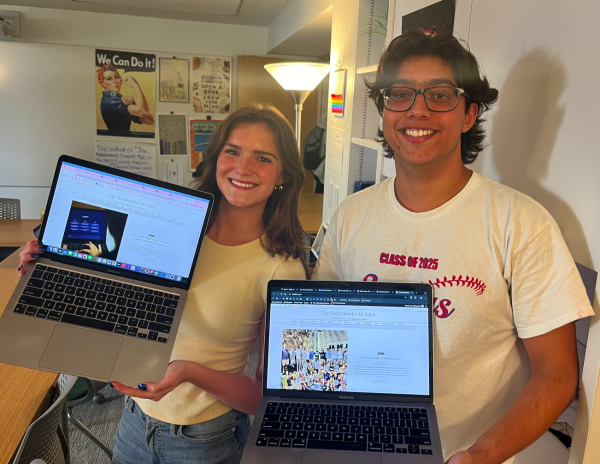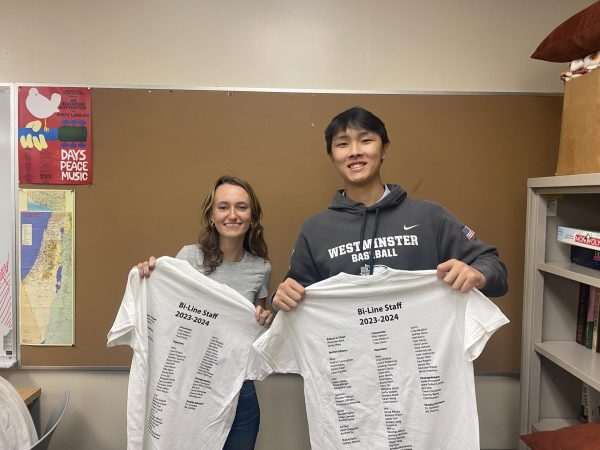The College Admissions Process
I’ve always been fascinated by the college application process. Seniors can attest to the fact that it’s daunting, stressful, and makes for one roller coaster of a semester. Juniors and underclassmen, take note: the process itself is a puzzle that builds over all four years of high school. Each applicant’s academic, extracurricular, and personal accomplishments over the four years are pieces, which supposedly combine to make that applicant a desirable (or undesirable) candidate for a particular college. Then, a committee of sleep-deprived, over-caffeinated admissions officers takes four minutes to decide whether or not that student will be a good addition to the college community, then moves onto the next couple hundred applications. Four minutes. That’s it.
So does it make sense to center all four years of high school on impressing a few admissions officers when the selection of the next college class is, to some extent, arbitrary? Probably not. But the application process – and not just the part that takes place during senior year – offers so much more than that.
First, it invites exploration. I can’t count the number of times I’ve heard the words “holistic approach” and “intellectual curiosity” at various college information sessions and tours, but I can’t argue against their truth. What at first seems like a meaningless platitude can transition into something purposeful, from asking that question in class to taking advantage of Atlanta’s resources to get involved in a subject of interest outside of class.
The application process also encourages self-reflection. Because the introspection lies within the bounds of Common App and approaching deadlines, it’s easy to overlook its meaning. But it never hurts to reflect on your moral values and perceptions of the world, not to impress a few strangers but to define who you are at this age, as cliché as that sounds. Take any article in the New Yorker or anyone preparing for a job interview. Adults reflect, too. Why not start now? If nothing else, those applications will be something to look back on (or laugh at) five or ten years from now.
And lastly, whether you are an underclassman applying for your first leadership position or a senior trying to articulate your experiences in 500 words or less, the application process presents two choices. Either pretend to love what you’re doing and desperately hope that the admissions officer will put your file in the “accept” group, or search for meaning in the classes, sports, activities, and social issues that interest you. It’s much easier said than done to find this meaning, especially given the number of tests, projects, deadlines, and stress at any and every moment, but the latter option will ultimately be more rewarding.
Let this be a reminder that preparing for college, from freshman to senior year of high school, isn’t about wooing the admissions officer during a 3 a.m. essay reading session. Take a deep breath. It’ll all work out in the end. Laura Street



